HotSpots H2O: In Mali, Climate Change Disrupts Peace Efforts
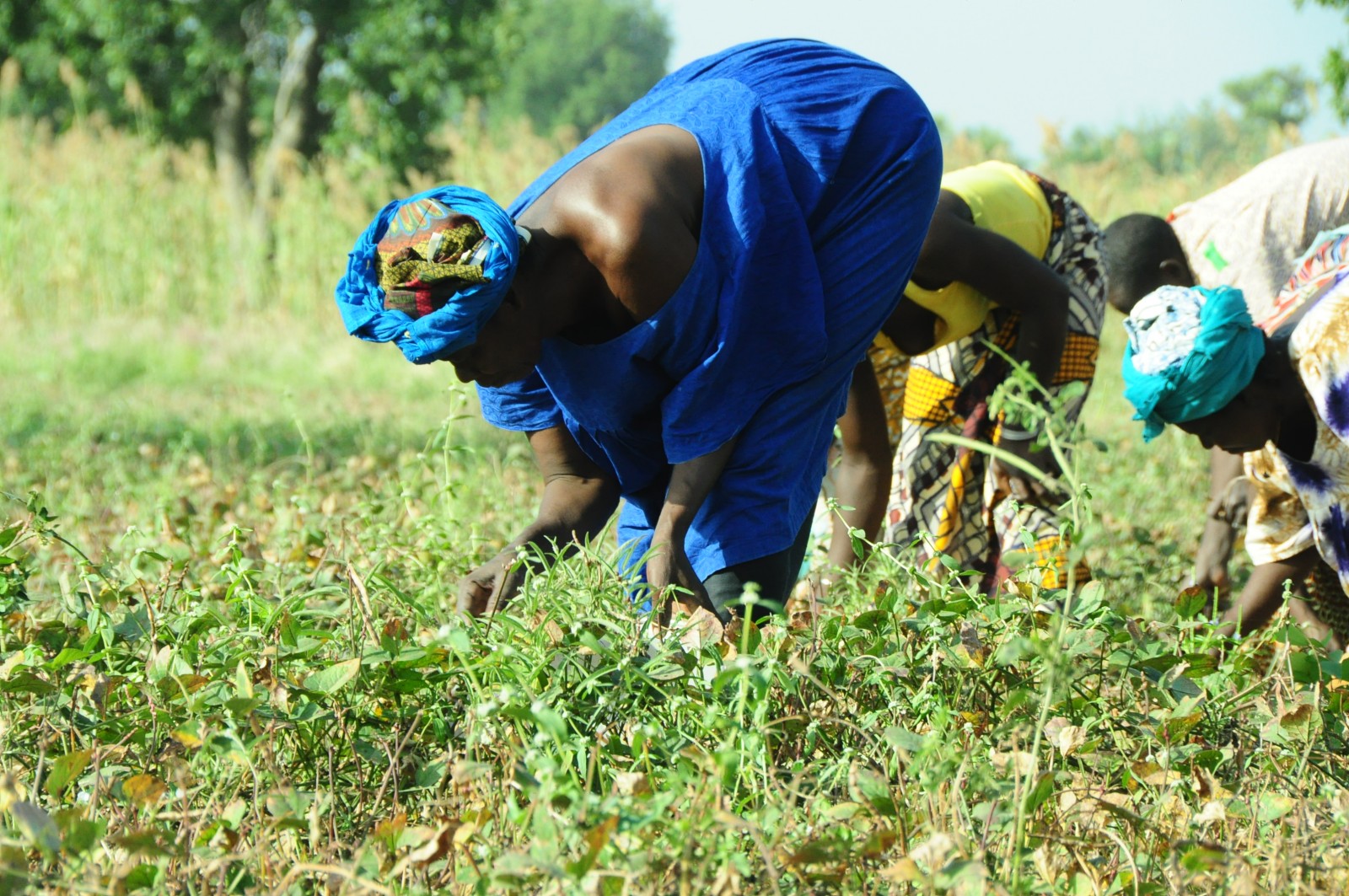
A woman farms in a Malian village. © P. Casier (CGIAR)
Climate change, environmental insecurity, and limited fresh water are escalating conflict throughout Mali, preventing peace-building and disrupting livelihoods, according to a report published by the Stockholm International Peace Research Institute (SIPRI) last month.
For over a decade, the people of the West African country have endured government conflict and attacks by terrorist fundamentalist groups. Now, after years of destabilization and weak governance, Mali’s changing climate has undermined attempts for peace and further challenged people who are dependent on the country’s resources and environment.
“The effects of climate change make peace-building more difficult,” Farah Hegazi, a report author, told DW. “When climate change has a negative impact on agriculture, for instance, it means people’s income goes down.”
With the arid Sahara to the north, semi-dry savanna in the center, and wet tropics to the south, Mali is increasingly threatened by unpredictable weather and climate instability. Since 1960, the country has seen a steady temperature increase of about 0.7℃ annually and less rainfall over the last century. The changes are especially problematic for the agricultural industry, which employs nearly two-thirds of Malians and accounts for 39 percent of the country’s GDP. Farmers who depend on consistent precipitation for their livelihoods are now dealing with loss of work and food, which pushes communities further toward violence and is a recruiting pitch for extremist groups.
“There seems to be a relationship between child recruitment and scarce rainfall in Mali,” Hegazi said. “Families send their children to armed groups as a form of income. When there is more rainfall, there is noticeably less recruitment into armed groups.”
Most Malians get their drinking water and water for agriculture from shallow wells. While rainfall has increased slightly in the last decades, both population growth and climate change are predicted to stress the resource and limit the amount of rain that replenishes groundwater, according to the Intergovernmental Panel on Climate Change.
Depleting water sources, along with shrinking cropland in the north, force communities to move south, causing conflict between farmers over land. In one such case, the Dogon and Fulani tribes — Mali’s oldest — have been unable to resolve land and water disputes traditionally. This has led to more armed conflict in the region.
For the most part, the Malian government is largely absent and has struggled to meet the demands of its people. The government has mostly failed to address the impacts of climate change and the dwindling economic opportunities it brings amid increasing violence. The people of Mali are caught in between, having few places to turn to in conflict.
To address these issues, the SIPRI report advises a more systemic approach to peace-building and redevelopment. Rather than more forces on the ground, holistic and collaborative work between governments can better support Mali and other countries in moving toward climate security and peace.
Elena Bruess writes on the intersection of environment, health, and human rights for Circle of Blue and covers international conflict and water for Circle of Blue’s HotSpots H2O.

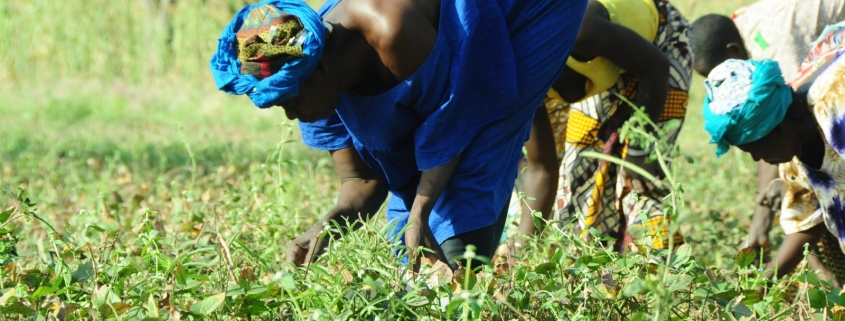

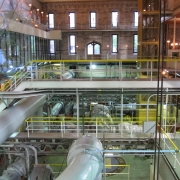
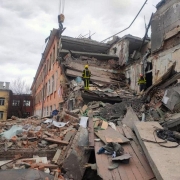
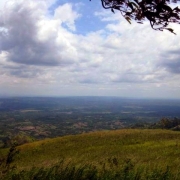

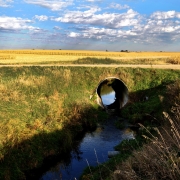





Leave a Reply
Want to join the discussion?Feel free to contribute!